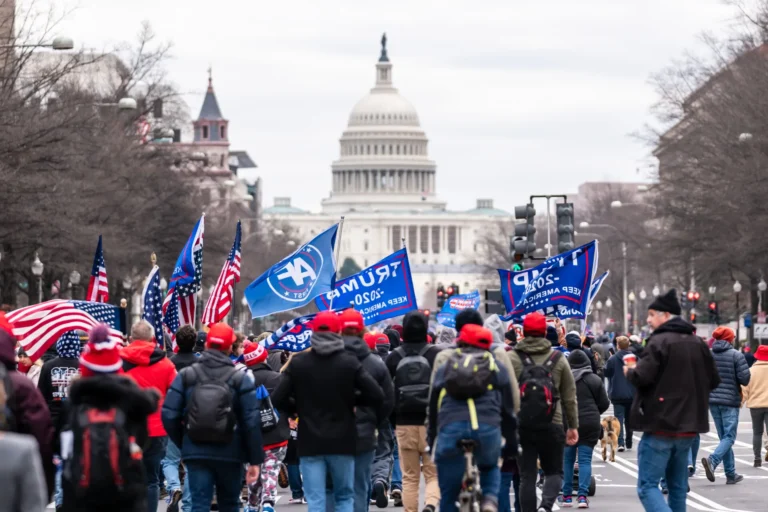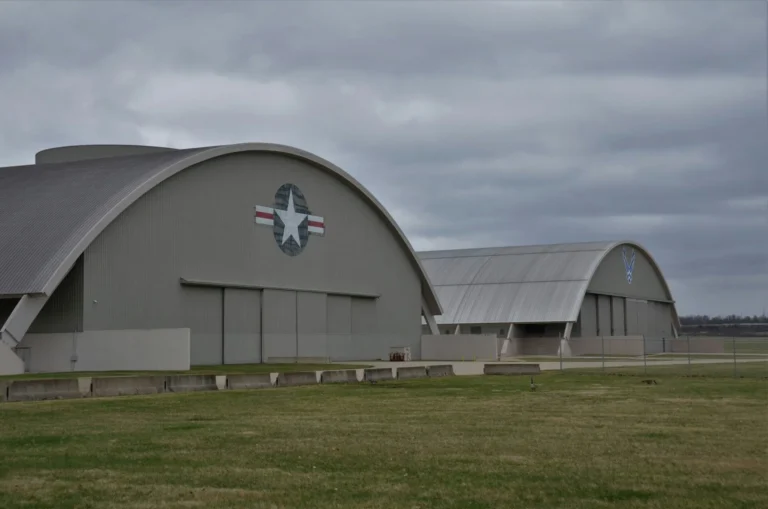The State Department insists on completing a yearly quota of new embassies and damns the consequences, say U.S. officials.Criminal Probe Questions U.S. Embassy in Iraq ConstructionBy Cliff Montgomery – Oct. 20th, 2007As is true with most problems in Iraq, this one became apparent after a bomb blast.Last May, a mortar shell ripped into the gigantic new U.S. Embassy currently being built in Baghdad. While at first glance it only marred a wall and gave some minor injuries to a few individuals inside the structure, over time it has also revealed a host of problems with the management of the $592 million government building project.It seems that James Golden, the contractor hired by the State Department to oversee the project, purposely attempted to hide the extent of damage done by the blast, government officials have told McClatchy Newspapers. The State Department’s inspector general (IG) may have freely helped Mr. Golden in this apparent fraud–the IG kept Department officials from looking into the incident, according to documents and interviews.Now a congressional committee will determine if the walls of this unfinished embassy compound–which were meant to be impervious to blasts–actually were built according to U.S. specifications.While American Ambassador Ryan Crocker has banned Golden from setting foot in Iraq, the contractor continues to oversee embassy construction; continues to serve as liaison for the construction subcontractor, Kuwait-based First Kuwaiti General Trading and Contracting Co.; and even continues to oversee other enterprises for the State Department’s Overseas Buildings Operations (OBO) bureau.The U.S. embassy in Baghdad–a sprawling 104-acre, Vatican-size complex of 21 structures built to house around 1,000 American officials, was first slated for a June opening; that was pushed back to September.But thanks to sprinkler system problems–it is simply the last in a number of failures blamed on First Kuwaiti–no can can say for certain whether the embassy will be completed this year.Golden did not immediately return phone calls from McClatchy reporters seeking comment.McClatchy also has discovered that:
- Aspects of the U.S. embassy project currently are being investigated by at least one U.S. government criminal probe, say congressional and administration officials speaking on condition of anonymity.
- To help rush the tardy project, the long-time OBO chief, retired Army Maj. Gen. Charles Williams, officially waived normal procedure in July 2005 to allow a sole-source construction contract to be given to First Kuwaiti.
“The only acquisition option that can be considered is to issue Sole Source Awards to contractors capable of completing the design and construction in accordance with the required schedule, budget and performance parameters,” Williams stated in a memo first reported by McClatchy.
- Cosmopolitan Inc. of Columbia, MD, won the lead contract for construction of the embassy’s classified areas–where officials with the proper clearances store and work with classified information–but was apparently fired from the job for poor performance. Kaseman Corp. of Chantilly, VA, has replaced Cosmopolitan.
In August, Gen. Williams told a concerned House Foreign Affairs Committee that the U.S. embassy would be completed by late September.”This and other incidents involving separate embassy construction projects raise concerns about the adequacy of the Department’s management of our overseas building operations,” wrote committee chairman Rep. Tom Lantos (D-CA), to Deputy Secretary of State John Negroponte on October 4th.The State Department directed reporters’ questions to its Director of management policy, Patrick Kennedy.Kennedy admitted to reporters the seriousness of the embassy’s sprinkler system issues–leaks from underground water mains are an immediate problem–he claimed that such matters have been discovered thanks in part to OBO’s thorough inspections.The problem with this gloss is that the sheer number of deficiencies found in the U.S. embassy project seems to indicate otherwise. For instance, a May test of the electrical system for a nearby guard camp dining facility revealed serious malfunctions.Many U.S. officials say these problems often stem from Gen. Williams’ questionable building oversight. Williams is set on completing a yearly quota of new embassies within a set budget and damns the consequences, they add.Williams, who “won” his position in March 2001 by being the choice of his good friend, then-Secretary of State Colin Powell, operates the overseas buildings apparatus like his personal fiefdom, numerous officials familiar with Williams’ style told McClatchy.We must remember these harsh statements are mere claims, coming from people who refuse to discuss these issues “on the record”.But evidence indicates there may be something to those claims. According to July congressional testimony and a former top official with direct knowledge of the matter, Williams and his aides flatly refused to allow congressional staffers and American diplomats to personally review the unfinished embassy complex in Iraq–even though American taxdollars pay for the whole mess.That sounds like a personal fiefdom to us.Like what you’re reading so far? Then why not order a full year (52 issues) of thee-newsletter for only $15? A major article covering an story not being told in the Corporate Press will be delivered to your email every Monday morning for a full year, for less than 30 cents an issue. Order Now!





